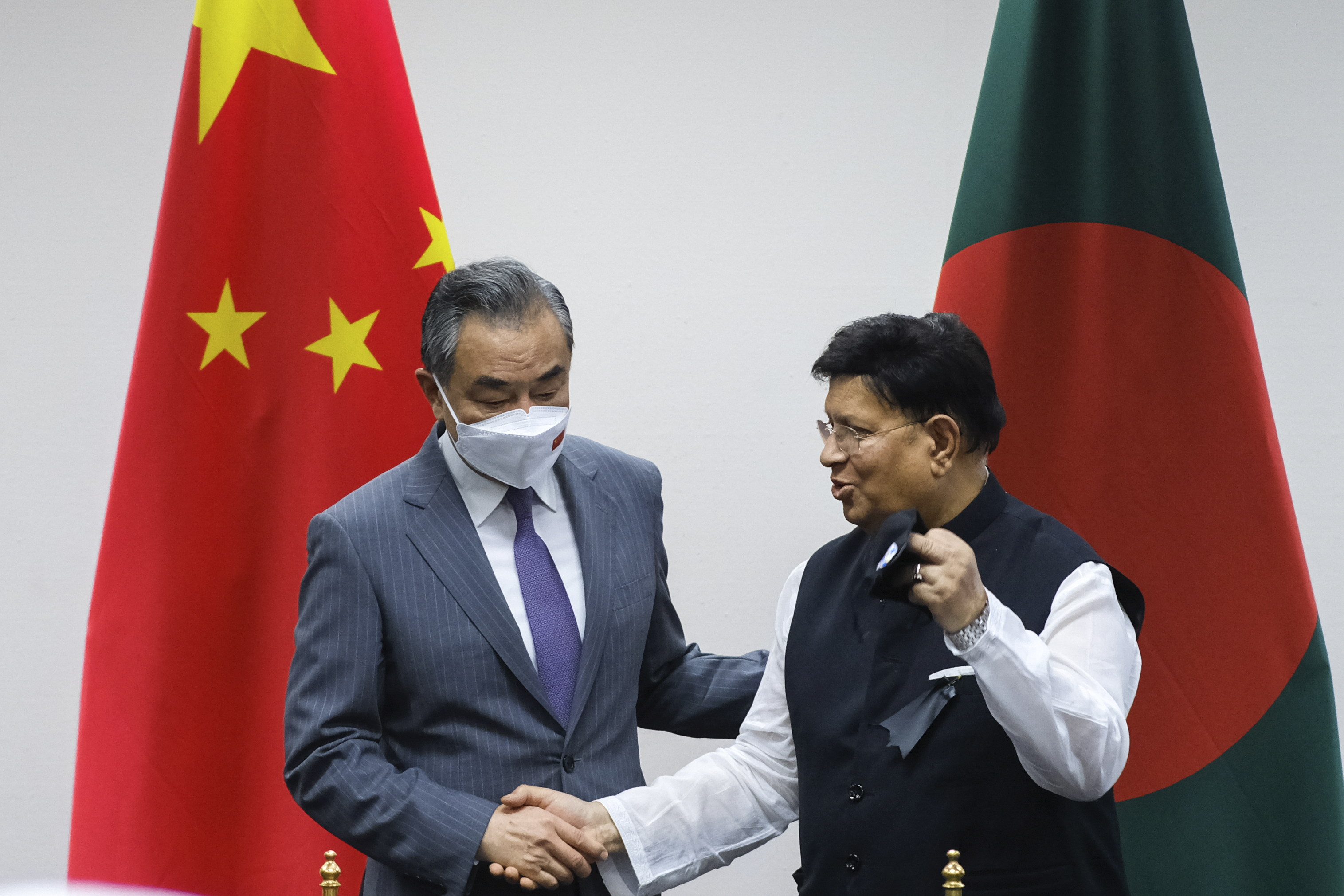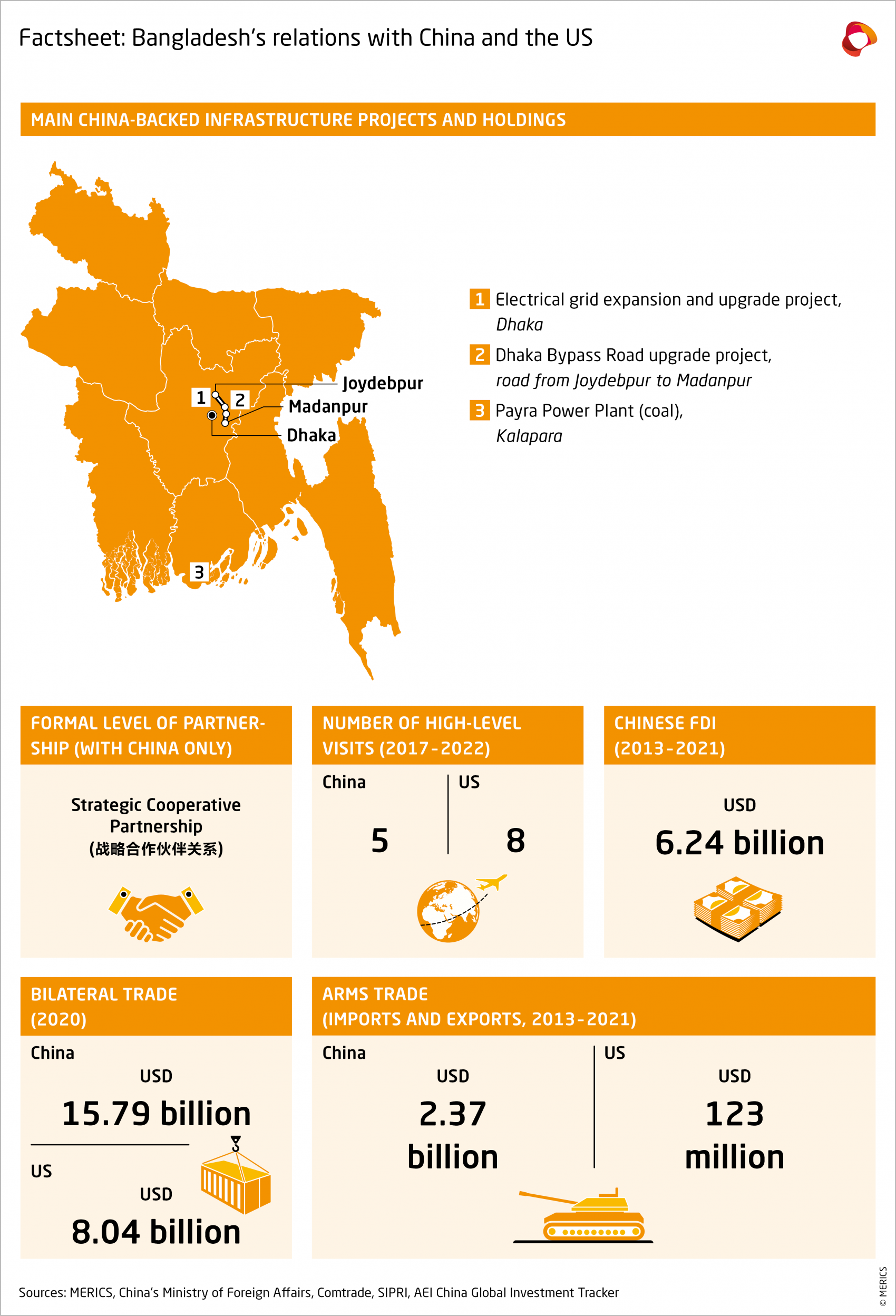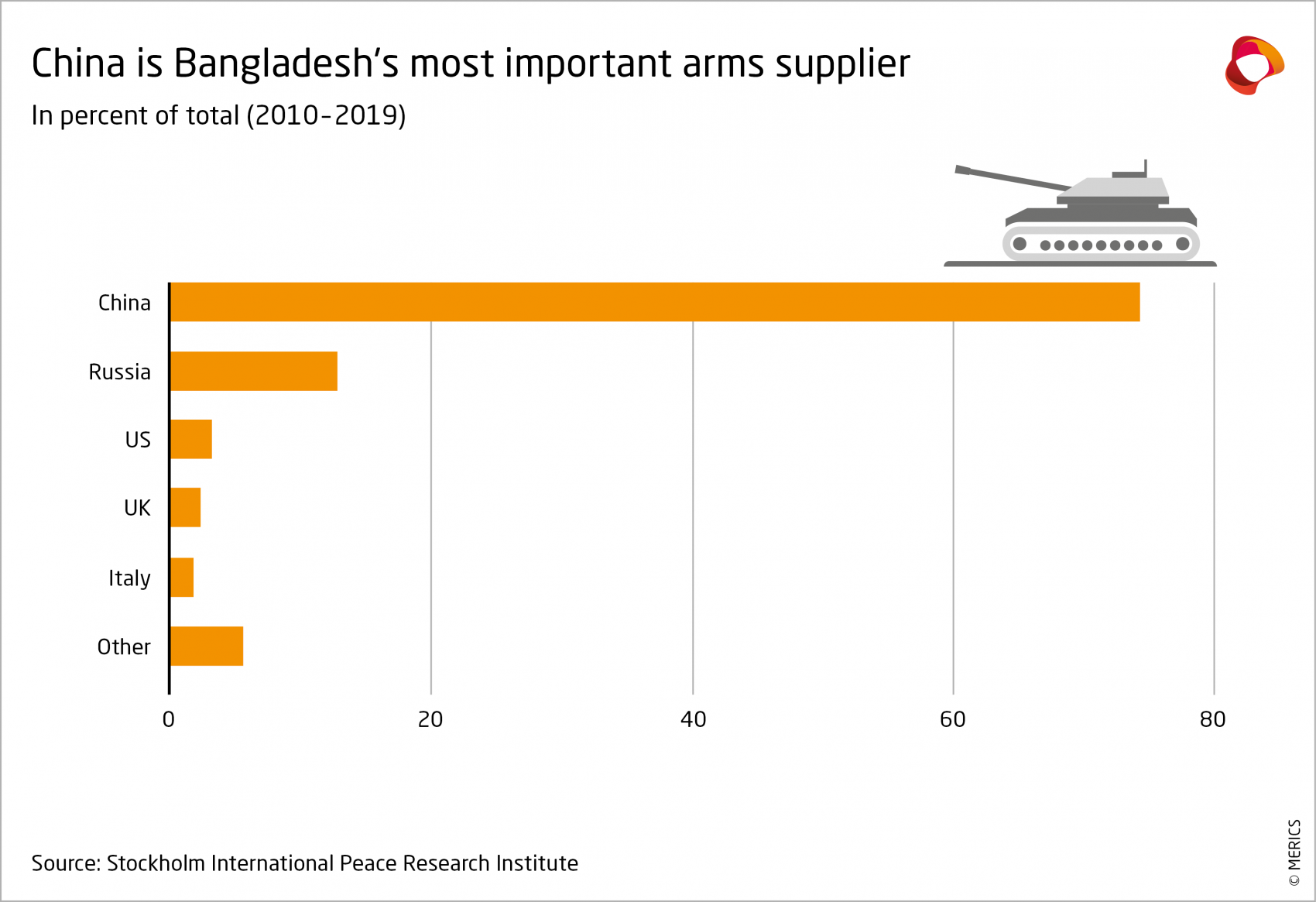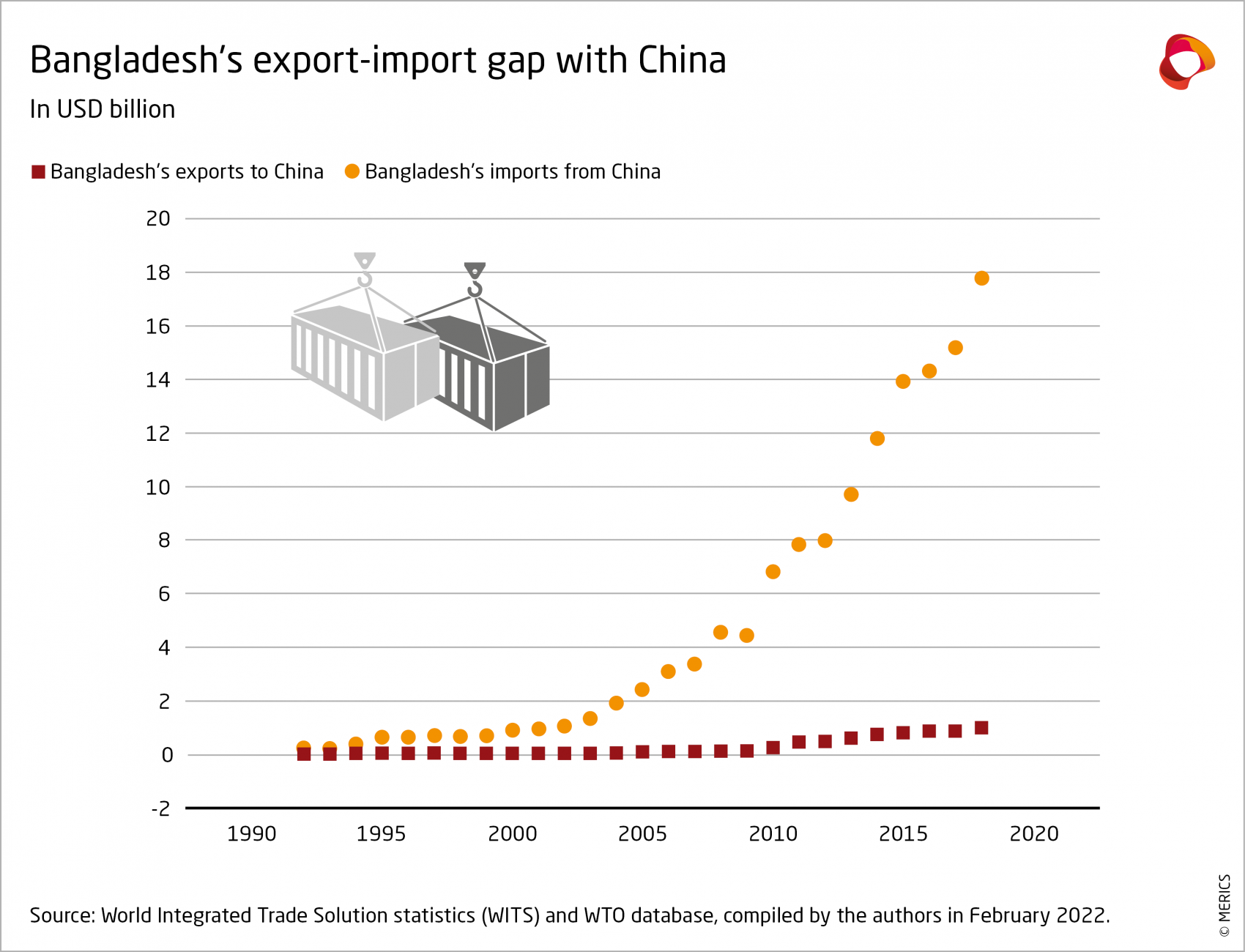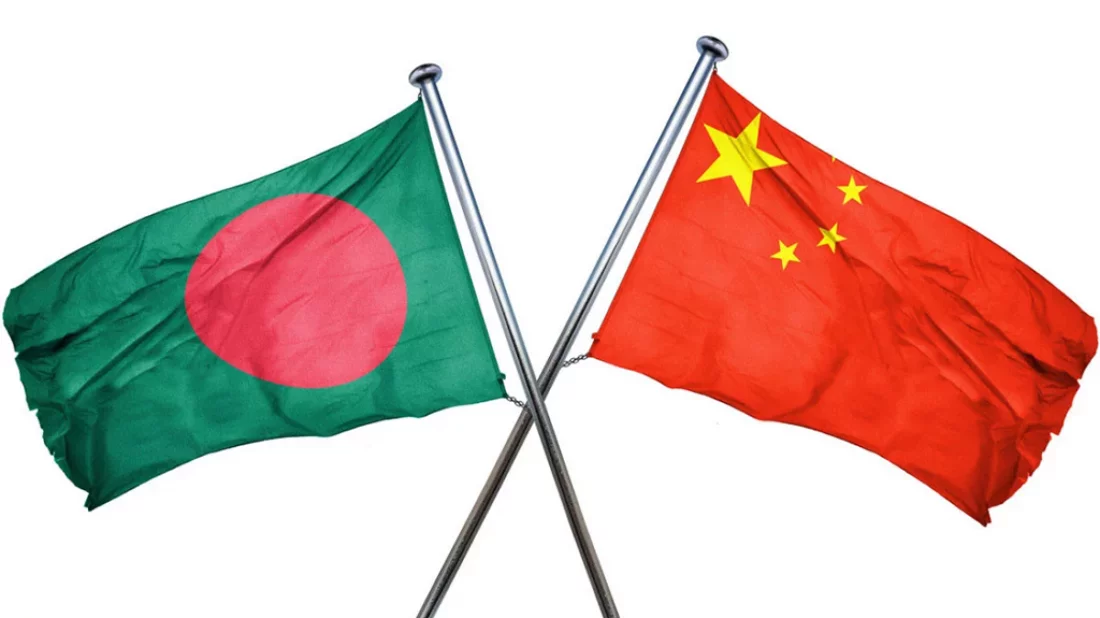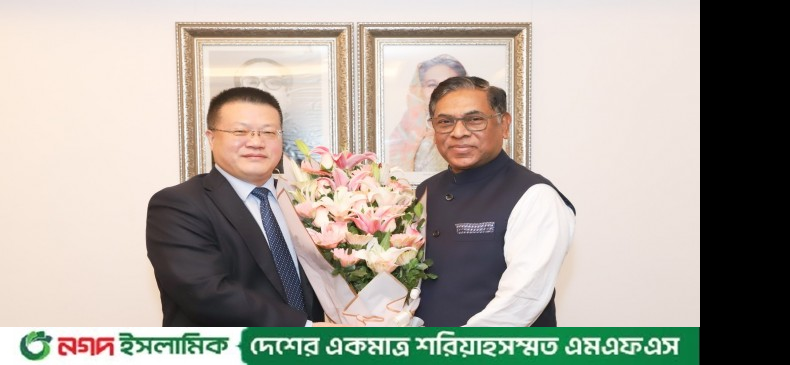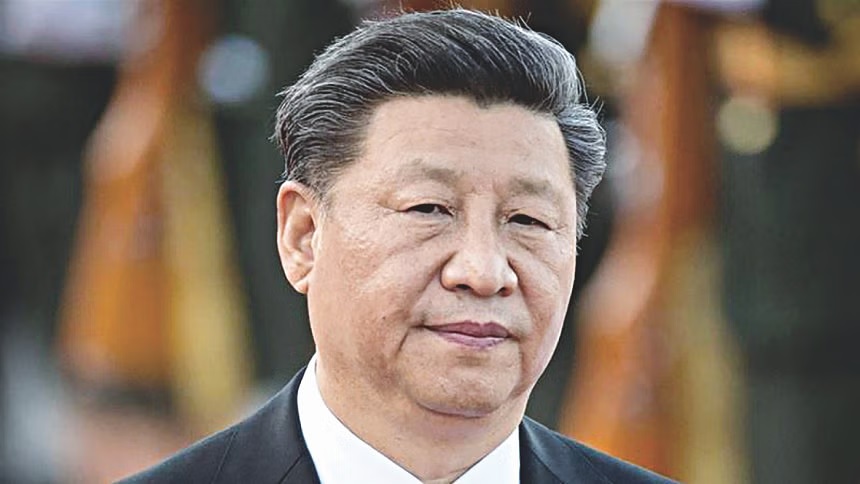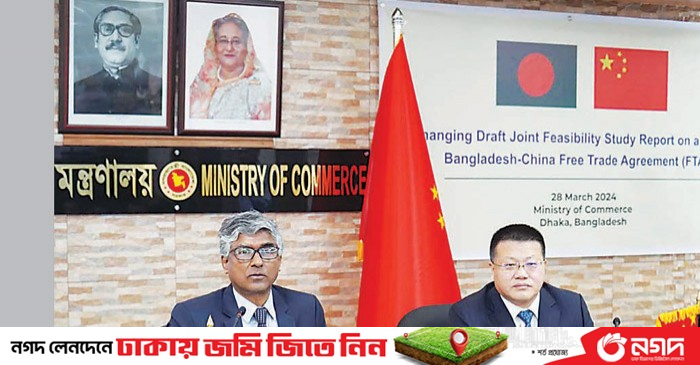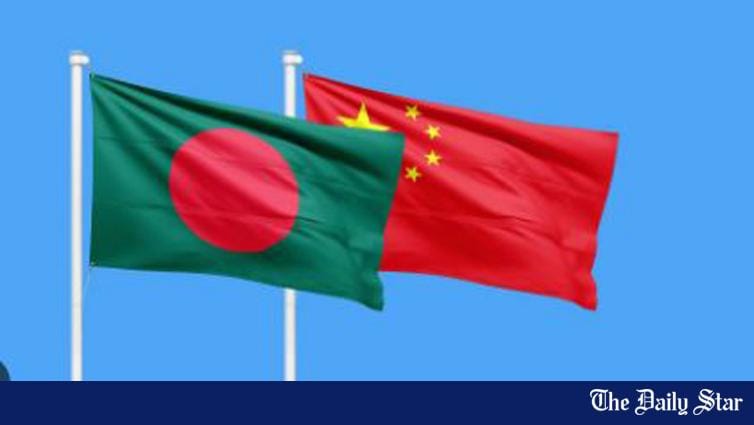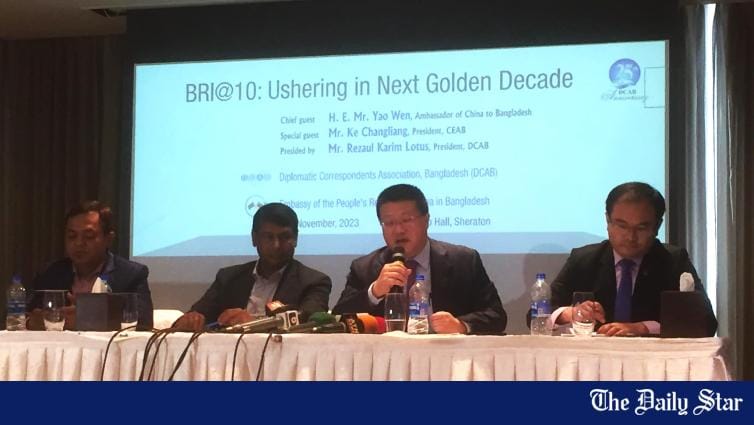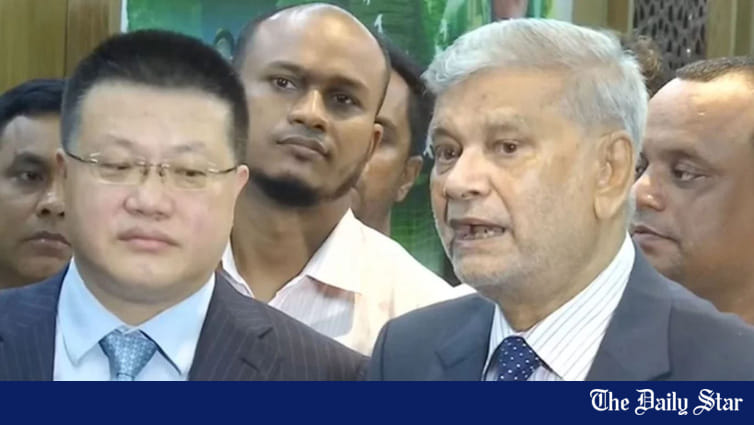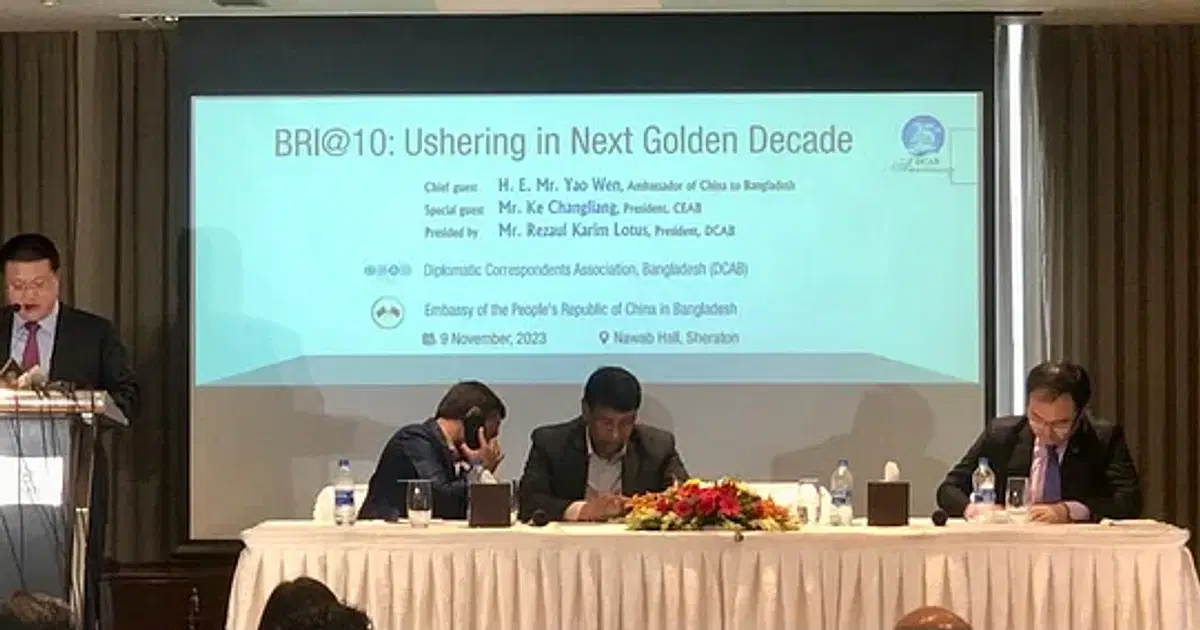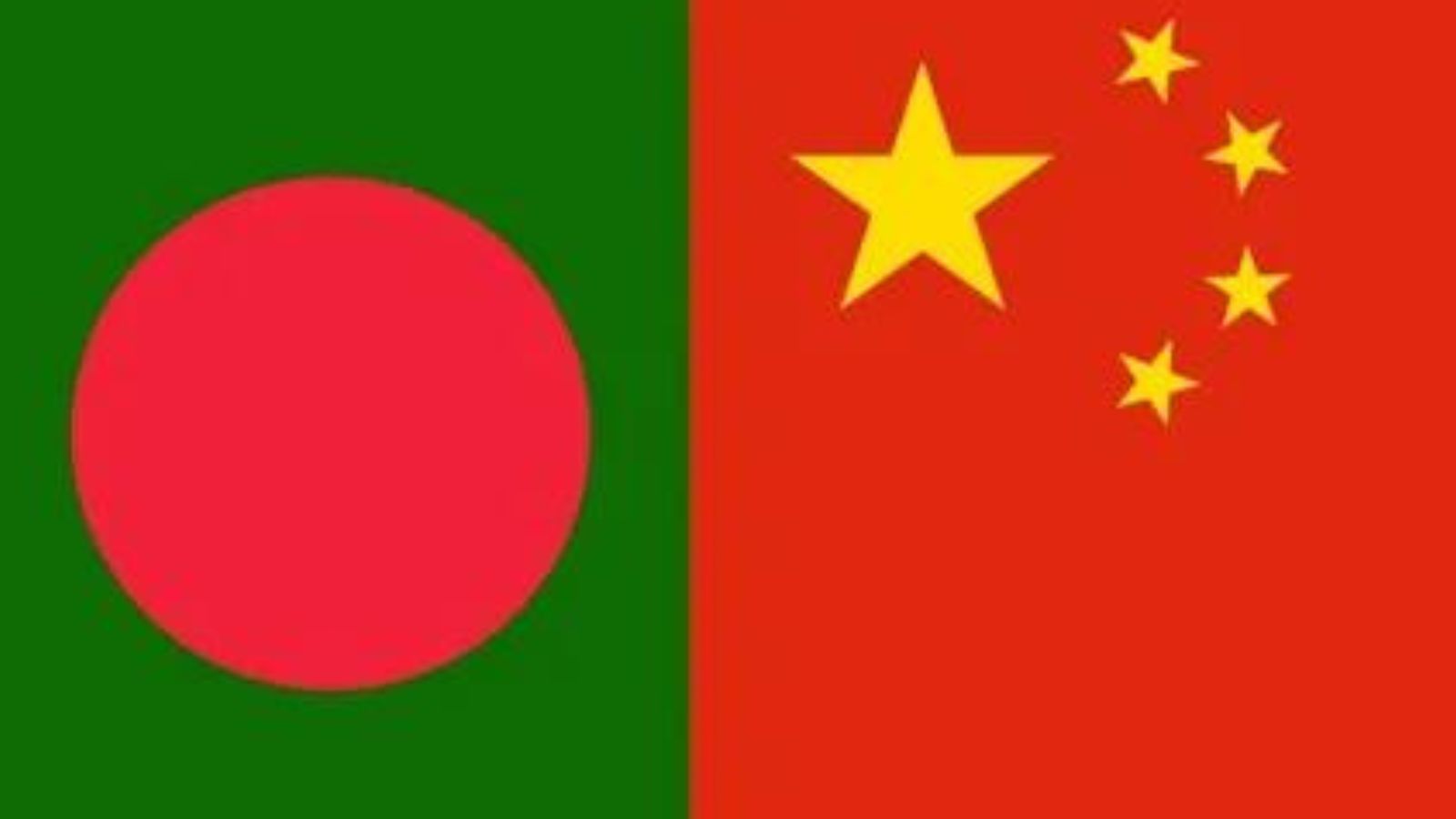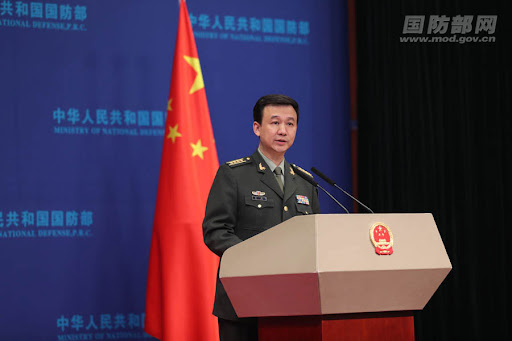China-Bangladesh Relations in 2023: Laying Solid Foundation for Splendid Future
(From Chinese Embassy in Bangladesh)
2023-12-31 23:55
On December 31, 2023, H.E. Mr. Yao Wen, Ambassador of China to Bangladesh, contributed an article titled China-Bangladesh Relations in 2023: Laying Solid Foundation for Splendid Future to the annual publication of Diplomatic Correspondent Association of Bangladesh (DCAB). The full text of the article is as follows:

The international political, economic and security situation has undergone profound changes in 2023. The world has just stepped out of the shadow of the COVID-19 epidemic. All countries are struggling to recover from economic depression. The spillover effects of the Ukraine crisis continue to spread, putting global food and energy security at risk. Certain major countries arbitrarily wield unilateral sanctions, making the situation of the Global South even worse. The conflict between Palestine and Israel makes Gaza a hell on earth, trampling on human conscience and morality day and night. Peace and development, the themes of our times, are facing unprecedented challenges. In this context, China, with an ultimate aim of fostering a new type of international relations and building a community with a shared future for mankind, has actively assumed its responsibilities as a major country, and kept injecting the power of peace, stability and development into the turbulent international situation.
In 2023, China has made significant progress in its major-country diplomacy with Chinese characteristics. The Belt and Road Initiative (BRI) proposed by Chinese President Xi Jinping celebrated its 10th anniversary. Over the past decade, the BRI has changed the development landscape across the world, and brought tangible benefits to the people of related countries. The 3rd Belt and Road Forum for International Cooperation was successfully held in Beijing, China. Over 10 thousand participants from every corner of the world made a resonating call in one voice for unity, cooperation, openness and win-win. The Forum ushered in a new phase of high-quality Belt and Road cooperation towards realizing the grand vision of world modernization leaving no one behind.
China has also vigorously promoted the Global Development Initiative (GDI), which encourages countries to work together to achieve all seventeen goals of the 2030 Agenda for Sustainable Development as schedule. Under the Global Security Initiative (GSI), China successfully mediated the restoration of diplomatic relations between Saudi Arabia and Iran, and spared no effort in facilitating Bangladesh and Myanmar to repatriate the displaced people from Rakhine State of Myanmar. China advocates and practices the true multilateralism, and firmly supports the United Nations in playing a central role in international affairs. Like always, China acts as a builder of world peace, contributor to global development, and defender of international order.
China and Bangladesh have jointly carried forward our Strategic Partnership of Cooperation this year. Chinese President Xi Jinping and the Hon’ble Prime Minister Sheikh Hasina held face-to-face talks again after four years, injecting new and strong impetus into the development of China-Bangladesh relations. Throughout the election year of Bangladesh, China has always extended its firm support to Bangladesh in safeguarding national sovereignty, independence and territorial integrity, and opposing external interference. It is our true belief that the upcoming election is an internal affair of Bangladesh, and the future and destiny of Bangladesh should be decided by no one but its own people. China will always stand by the Bangladeshi people in pursuing a better tomorrow. China-Bangladesh relations is based on mutual respect and win-win outcome. It finds its root in the people and truly benefits the people. Thus it is aspired and supported by the people. Any attempt to disrupt or obstruct China-Bangladesh friendship and cooperation would be refused by the two peoples and doomed to failure.
The year of 2023 marks the harvest season of the Belt and Road cooperation between China and Bangladesh. Fourteen mega infrastructure projects have been completed or advanced within the year. The Hon’ble Prime Minister Sheikh Hasina personally inaugurated the Bangabandhu Sheikh Mujibur Rahman Tunnel and several other projects. China's investment stock in Bangladesh has increased to nearly 1.4 billion USD. Approximately seven hundred Chinese companies are operating in Bangladesh. They have created over 5.5 lakh job opportunities for local people. Facts tell the truth that, on the journey of Bangladesh’s modernization, the BRI is the most befitting development cooperation initiative with Vision 2041 and Smart Bangladesh. The Hon’ble Prime Minister Sheikh Hasina spoke highly of the BRI that it has opened a new door for Bangladesh’s development.
In 2023, personnel and cultural exchanges between China and Bangladesh have also resurged. China has introduced a series of measures to facilitate international travel between the two countries. Visits and exchanges have increased rapidly between the government authorities, parliaments, militaries, political parties, think tanks, universities, media, youths, artists, athletes and other sectors. On the eve of the International Children’s Day, Chinese President Xi Jinping replied Alifa Chin, a Bangladeshi girl, with a cordial letter, in which he encouraged Bangladeshi youths to dedicate to China-Bangladesh friendship. The letter aroused enthusiastic responses from both countries, injecting new historical significance and contemporary connotation to the China-Bangladesh relations. When Bangladesh fights with the severest dengue epidemic in history, the Chinese Government and people are also deeply affected by the sufferings of the Bangladeshi people. The Chinese side provided a batch of anti-dengue assistance to Bangladesh and deployed it to local hospitals timely. With the joint efforts of the two countries, Bangladesh is expected to overcome the dengue epidemic soon.
Looking ahead, China stands ready to work with Bangladeshi friends from all walks of life, especially the new government, to firmly seize the historical development opportunities, fully translate our economic complementarity into joint competitiveness, and proactively deepen strategic integration under the banner of high-quality Belt and Road cooperation, the Global Development Initiative, the Global Security Initiative, and the Global Civilization Initiative. We encourage cross-board exchanges between the two countries. Specifically, China would prioritize infrastructure development, ICT, new energy and agriculture in the cooperation plan. Together, we would uplift China-Bangladesh relations to a higher level on the occasion of the 50th anniversary of the establishment of our diplomatic ties.
On December 31, 2023, H.E. Mr. Yao Wen, Ambassador of China to Bangladesh, contributed an article titled China-Bangladesh Relations in 2023: Laying Solid Foundation for Splendid Future to the annual publication of Diplomatic Correspondent Association of Bangladesh (DCAB). The full text of the article is as follows:

The international political, economic and security situation has undergone profound changes in 2023. The world has just stepped out of the shadow of the COVID-19 epidemic. All countries are struggling to recover from economic depression. The spillover effects of the Ukraine crisis continue to spread, putting global food and energy security at risk. Certain major countries arbitrarily wield unilateral sanctions, making the situation of the Global South even worse. The conflict between Palestine and Israel makes Gaza a hell on earth, trampling on human conscience and morality day and night. Peace and development, the themes of our times, are facing unprecedented challenges. In this context, China, with an ultimate aim of fostering a new type of international relations and building a community with a shared future for mankind, has actively assumed its responsibilities as a major country, and kept injecting the power of peace, stability and development into the turbulent international situation.
In 2023, China has made significant progress in its major-country diplomacy with Chinese characteristics. The Belt and Road Initiative (BRI) proposed by Chinese President Xi Jinping celebrated its 10th anniversary. Over the past decade, the BRI has changed the development landscape across the world, and brought tangible benefits to the people of related countries. The 3rd Belt and Road Forum for International Cooperation was successfully held in Beijing, China. Over 10 thousand participants from every corner of the world made a resonating call in one voice for unity, cooperation, openness and win-win. The Forum ushered in a new phase of high-quality Belt and Road cooperation towards realizing the grand vision of world modernization leaving no one behind.
China has also vigorously promoted the Global Development Initiative (GDI), which encourages countries to work together to achieve all seventeen goals of the 2030 Agenda for Sustainable Development as schedule. Under the Global Security Initiative (GSI), China successfully mediated the restoration of diplomatic relations between Saudi Arabia and Iran, and spared no effort in facilitating Bangladesh and Myanmar to repatriate the displaced people from Rakhine State of Myanmar. China advocates and practices the true multilateralism, and firmly supports the United Nations in playing a central role in international affairs. Like always, China acts as a builder of world peace, contributor to global development, and defender of international order.
China and Bangladesh have jointly carried forward our Strategic Partnership of Cooperation this year. Chinese President Xi Jinping and the Hon’ble Prime Minister Sheikh Hasina held face-to-face talks again after four years, injecting new and strong impetus into the development of China-Bangladesh relations. Throughout the election year of Bangladesh, China has always extended its firm support to Bangladesh in safeguarding national sovereignty, independence and territorial integrity, and opposing external interference. It is our true belief that the upcoming election is an internal affair of Bangladesh, and the future and destiny of Bangladesh should be decided by no one but its own people. China will always stand by the Bangladeshi people in pursuing a better tomorrow. China-Bangladesh relations is based on mutual respect and win-win outcome. It finds its root in the people and truly benefits the people. Thus it is aspired and supported by the people. Any attempt to disrupt or obstruct China-Bangladesh friendship and cooperation would be refused by the two peoples and doomed to failure.
The year of 2023 marks the harvest season of the Belt and Road cooperation between China and Bangladesh. Fourteen mega infrastructure projects have been completed or advanced within the year. The Hon’ble Prime Minister Sheikh Hasina personally inaugurated the Bangabandhu Sheikh Mujibur Rahman Tunnel and several other projects. China's investment stock in Bangladesh has increased to nearly 1.4 billion USD. Approximately seven hundred Chinese companies are operating in Bangladesh. They have created over 5.5 lakh job opportunities for local people. Facts tell the truth that, on the journey of Bangladesh’s modernization, the BRI is the most befitting development cooperation initiative with Vision 2041 and Smart Bangladesh. The Hon’ble Prime Minister Sheikh Hasina spoke highly of the BRI that it has opened a new door for Bangladesh’s development.
In 2023, personnel and cultural exchanges between China and Bangladesh have also resurged. China has introduced a series of measures to facilitate international travel between the two countries. Visits and exchanges have increased rapidly between the government authorities, parliaments, militaries, political parties, think tanks, universities, media, youths, artists, athletes and other sectors. On the eve of the International Children’s Day, Chinese President Xi Jinping replied Alifa Chin, a Bangladeshi girl, with a cordial letter, in which he encouraged Bangladeshi youths to dedicate to China-Bangladesh friendship. The letter aroused enthusiastic responses from both countries, injecting new historical significance and contemporary connotation to the China-Bangladesh relations. When Bangladesh fights with the severest dengue epidemic in history, the Chinese Government and people are also deeply affected by the sufferings of the Bangladeshi people. The Chinese side provided a batch of anti-dengue assistance to Bangladesh and deployed it to local hospitals timely. With the joint efforts of the two countries, Bangladesh is expected to overcome the dengue epidemic soon.
Looking ahead, China stands ready to work with Bangladeshi friends from all walks of life, especially the new government, to firmly seize the historical development opportunities, fully translate our economic complementarity into joint competitiveness, and proactively deepen strategic integration under the banner of high-quality Belt and Road cooperation, the Global Development Initiative, the Global Security Initiative, and the Global Civilization Initiative. We encourage cross-board exchanges between the two countries. Specifically, China would prioritize infrastructure development, ICT, new energy and agriculture in the cooperation plan. Together, we would uplift China-Bangladesh relations to a higher level on the occasion of the 50th anniversary of the establishment of our diplomatic ties.



